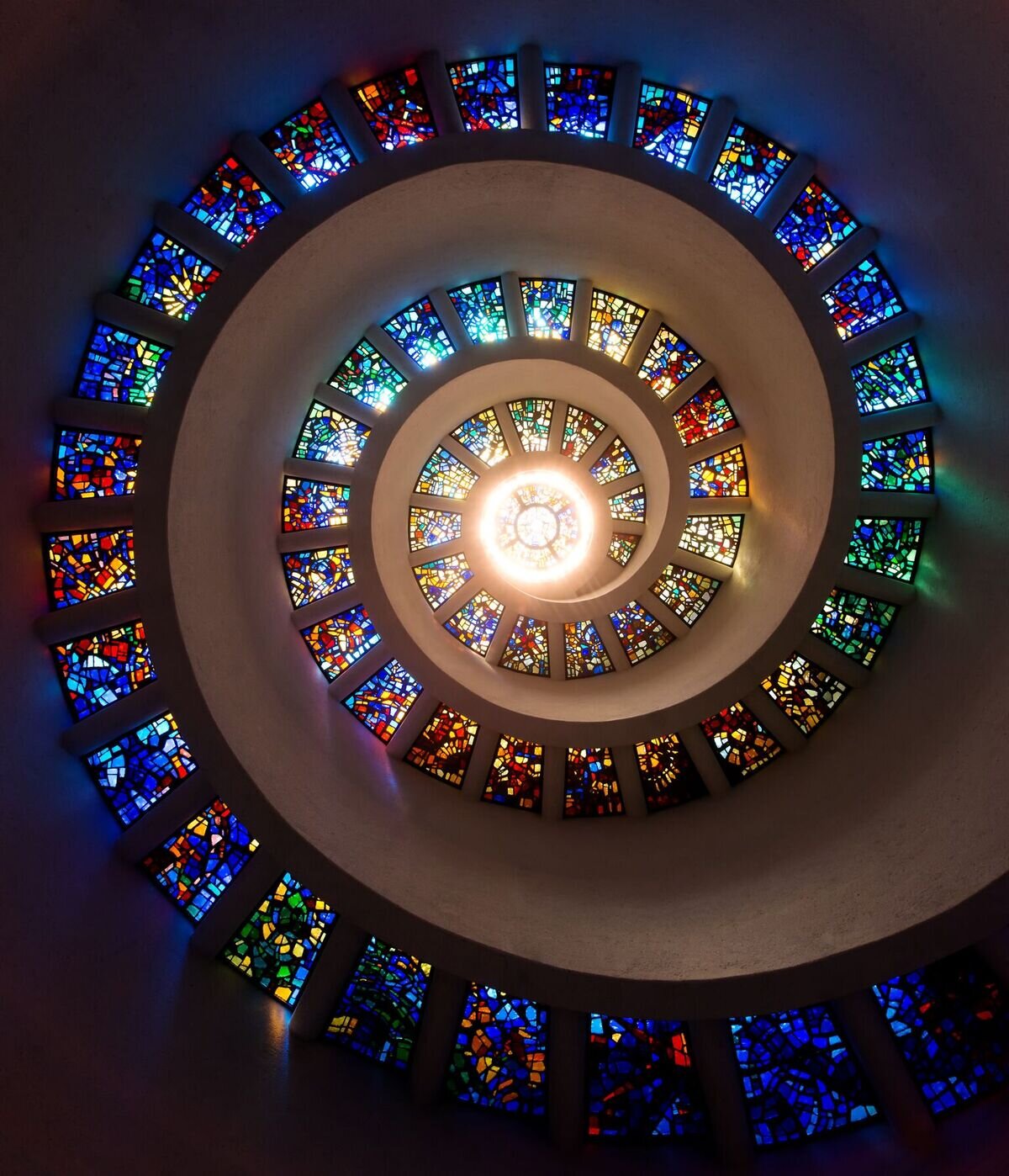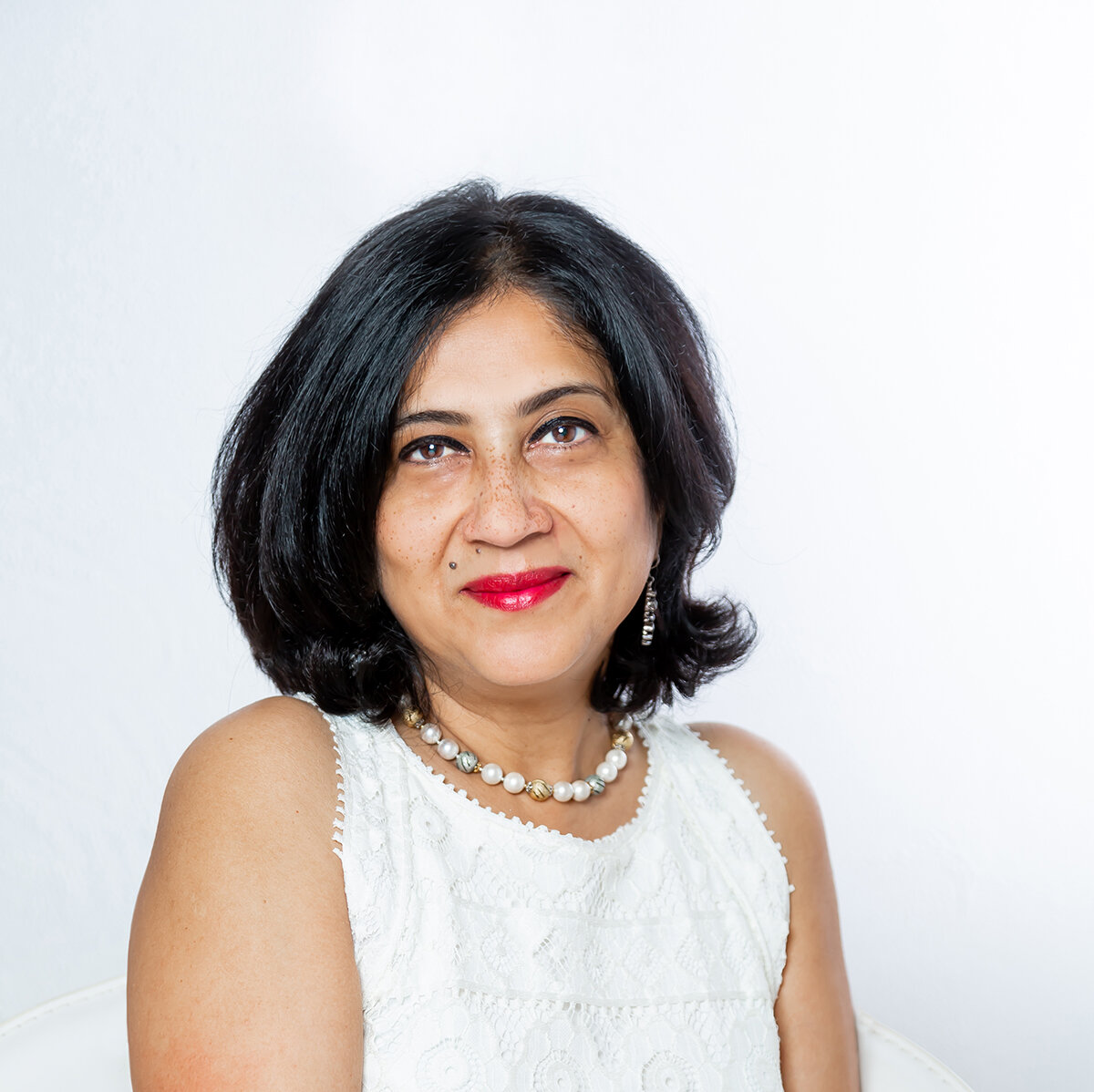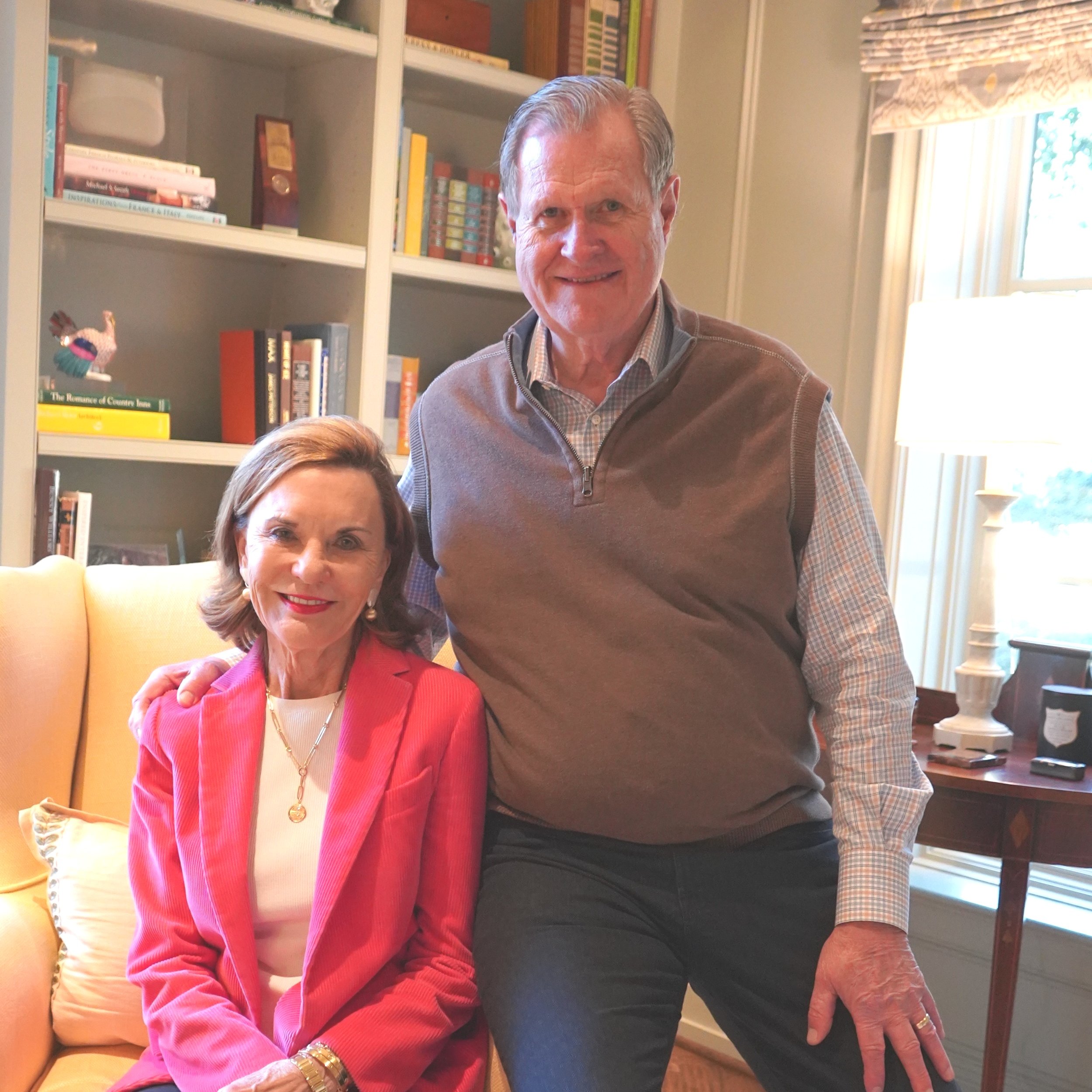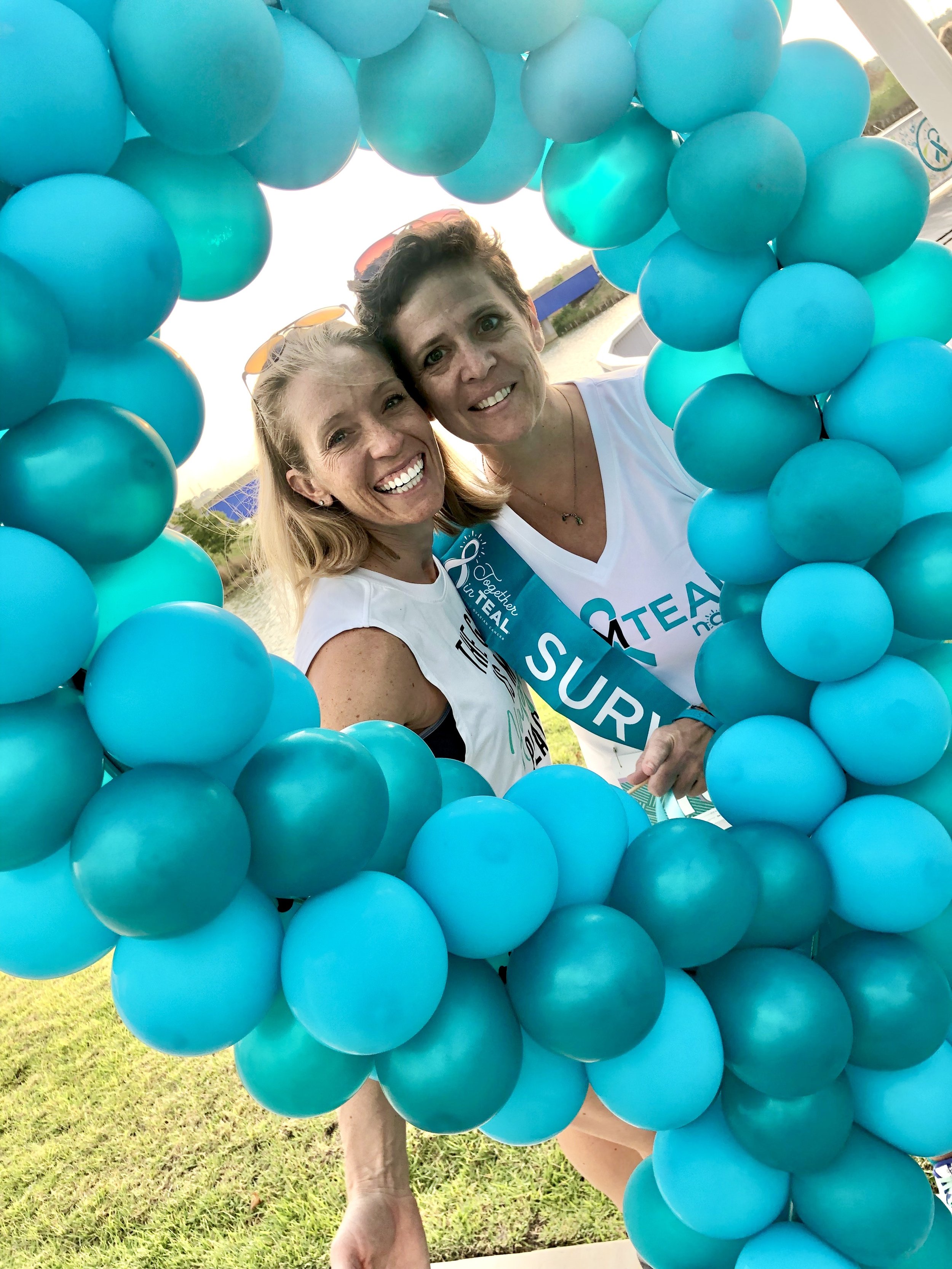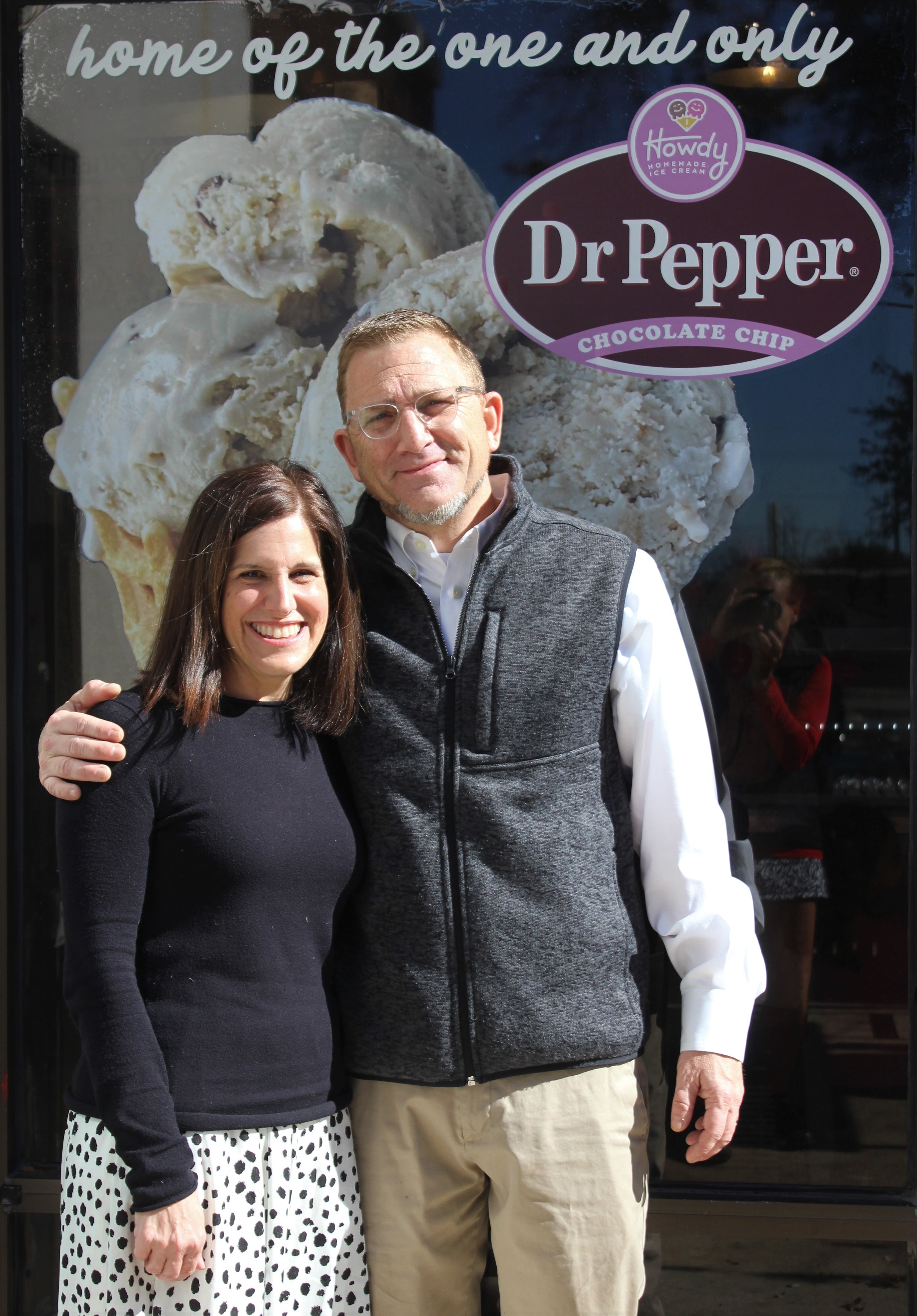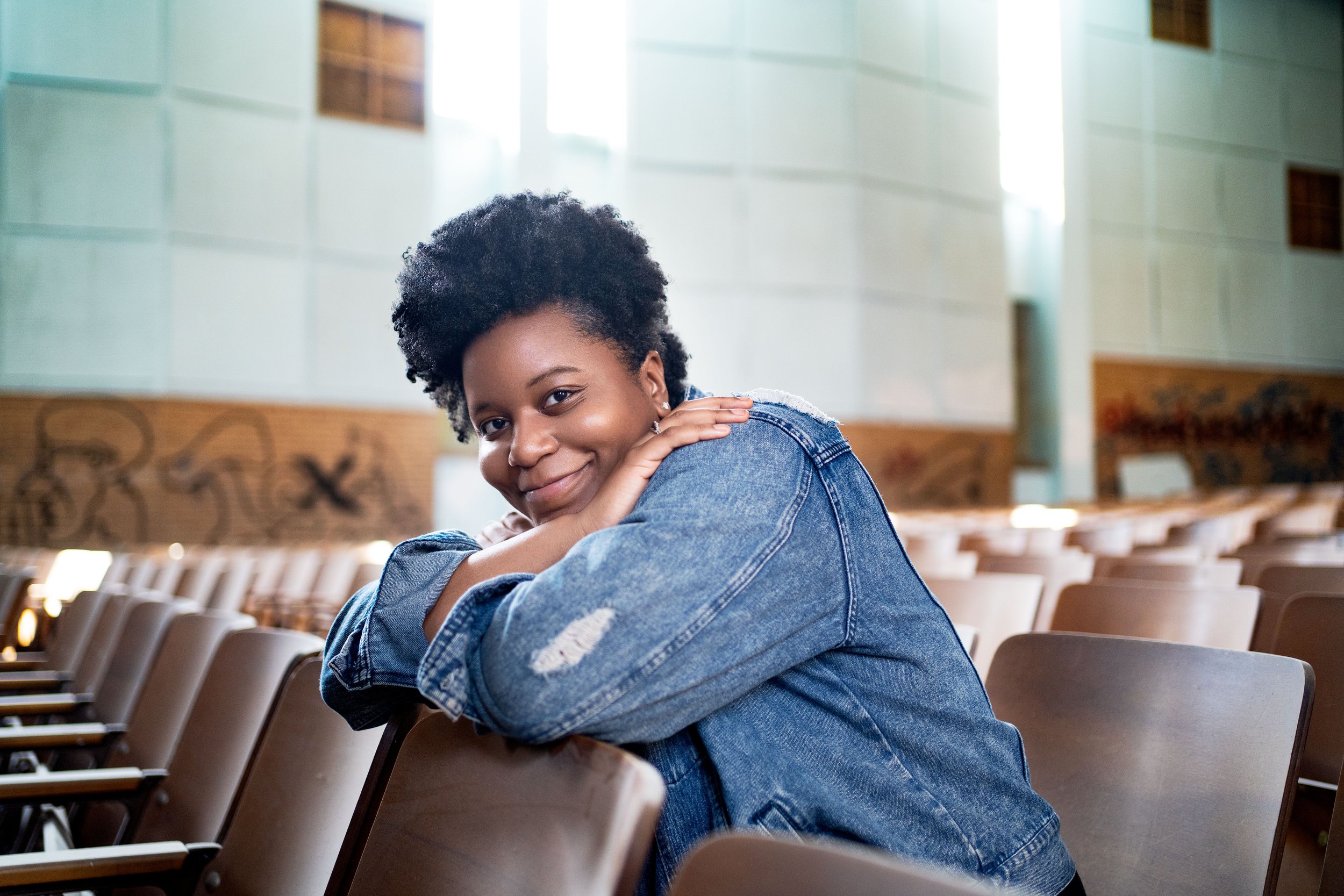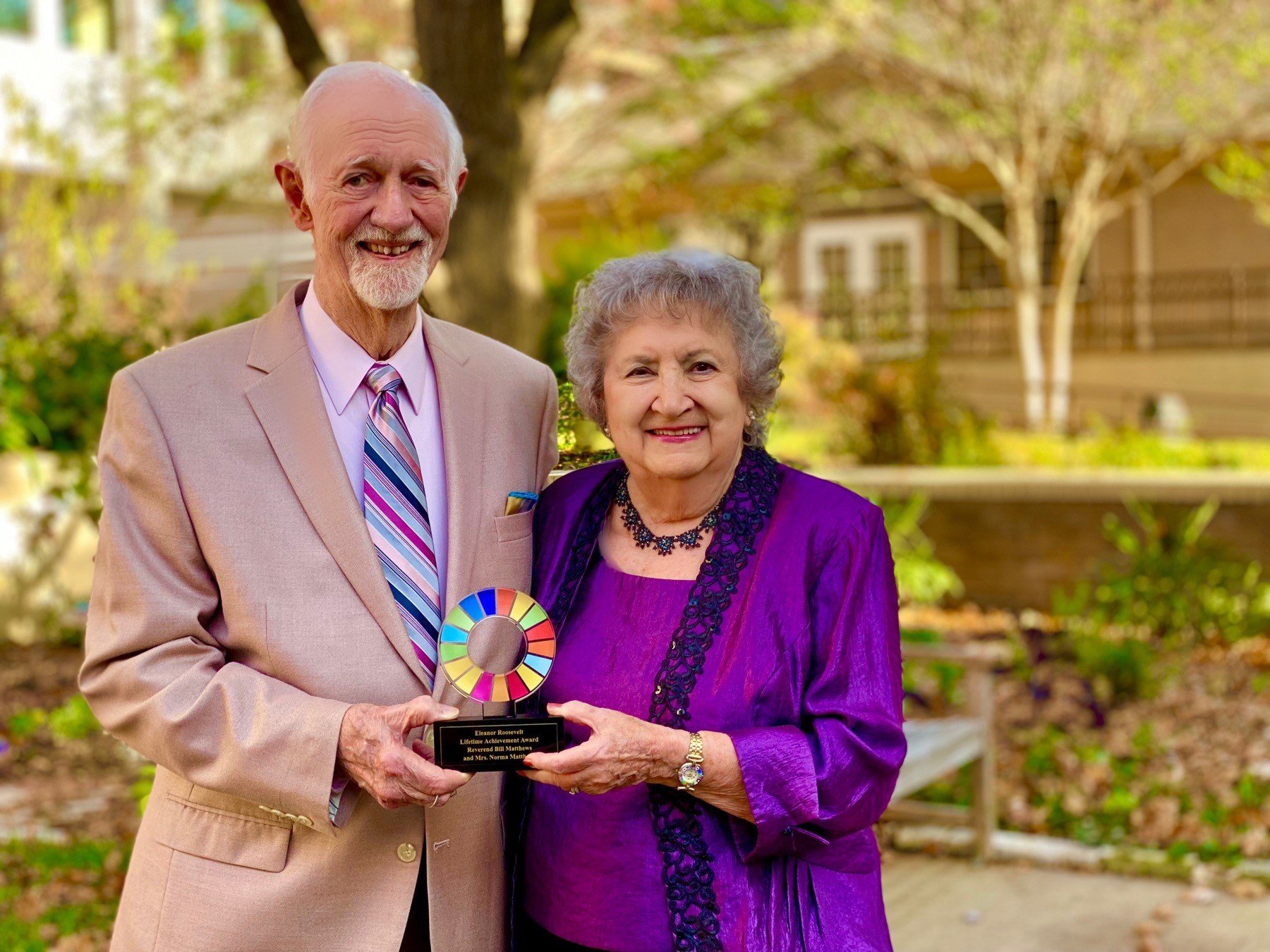Published November 30, 2020 at 9:42am
Story by Katie Kelton. Photos courtesy of Thanks-Giving Foundation.
Worshiping God and serving humanity are the only two purposes of life, according to Almas Muscatwalla. A Shi‘a Muslim, native Indian, American, Thanks-Giving Foundation board member, and Faith Forward Dallas founder, Almas devotes her waking hours to intertwining the two motives. “We all have an idea of God, but the only way to experience God is through humanity,” she instructs.
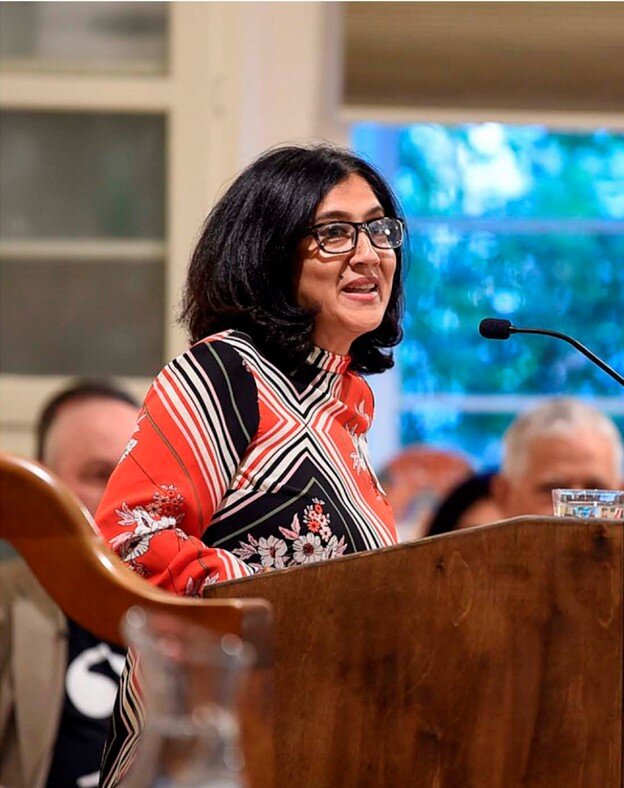
Almas Muscatwalla
64% of Texans are highly religious, making it the 11th most religious state in the nation. Dallas alone boasts Evangelical Protestants, Historically Black Protestants, Catholics, Mormons, Jews, Muslims, Buddhists, Hindus, and other denominations that form the religious mosaic of North Texas.
Life in such a vibrant city means your coworkers, classmates, doctors, and teachers will inevitably worship differently than you. The commission is to seek to understand your neighbors, not to shy away in fear. Religion can make believers territorial. With a mindset of mutual understanding rather than defense, might we breed the strength that comes from unified diversity?
The Shiites’ spiritual leader, the Aga Khan IV, echoes such sentiments. “Peoples mix and mingle, side by side, to an extent that was once unimaginable,” he remarked at an Evora University Symposium.
“Waves of migration indelibly change the rhythms, colours and flavours of their host communities…Only in such a climate will we come to see our differences as sources of enrichment rather than sources of division. And only in such a climate can we come to see ‘the other’ not as a curse or a threat, but as an opportunity and a blessing–whether ‘the other’ lives across the street–or across the world.”
Outside Thanks-Giving square in downtown Dallas.
Thanks-Giving Square is an embodiment of pluralism–the coexistence of different religions with the belief that such diversity benefits society. A self-dubbed “spiritual haven rooted in gratitude,” the downtown landmark lives in the heart of the city. The Garden, Chapel, and Hall of Thanksgiving are a refuge for even the most spiritual wanderer.
But what of the nod to thanksgiving?
Looking up inside the Chapel of Thanks-Giving.
A simple answer is that thanksgiving, or gratitude, offers common ground for all humanity. A more layered explanation may be that the word gratitude derives from the Latin root gratus, which also happens to relate to terms like grace. In the same sense that grace signifies contact with the Divine, perhaps gratitude points us to the Divine within each other. Acknowledging gratitude and our own Imago Dei (bearing the image of God) leads us to a sacred space of commonality. This space allows individuals from varying religions, ethnicities, and cultures to reconcile our differences.
For a local park to claim such a feat–to reconcile the differences of a nation burdened by historical division–is one thing. To act upon it is another. The Thanks-Giving Foundation wields a team of clergy, a multi-denominational council, and a number of programs to get the job done. Their website is chock-full of events, faith conversations, and art showcases. And the November launch of the Faith Times calendar is the Foundation’s newest tool for understanding and appreciating diverse practices and traditions.
Credit: Jennifer Shertzer / Plano Magazine
Created by Almas and co-author Rosie Stromberg, the Faith Times calendar advertises the holy days, cultural behaviors, and special traditions of 21 different religions. The resource will be accessible to corporations, schools, hospitals, and other industries as a stepping stone to diversity and inclusion. But tokenism it is not. Conversations will be the fruit of this calendar—bearing the mutual understanding that Almas preaches. Coworkers, educators, and parents can ask one another about their traditions. Ask what it is in their lunchbox and why. Ask about a particular garb of clothing. Ask what type of snack their kid wants after soccer practice.
Almas and her team stand ready to assist in these conversations. “This work requires a consistent commitment to transformation,” she implores. “People are afraid to lose their identities or question their beliefs. But understanding someone else does not mean sacrificing your own sense of self.”
There is no volunteer more dedicated to her vocation than Almas. She works tirelessly for the Foundation’s efforts to unite a religiously heterogeneous city. She advocates fiercely for kindness and curiosity. And she adheres to a countercultural idea: that the way to mend our divides is to break bread together.
Featured
Katie is a freelance writer and nonprofit digital storyteller for a myriad of causes, including youth mentoring, local community development, and global clean water solutions. She spends most waking hours typing furiously in coffee shops, organizing her bookshelf, heading outdoors, and cramming all her friends into one space.
More Good Stories
Featured
When Kathy and Larry Helm heard about The Senior Source’s 60th Birthday Diamond Dance-Off, they knew they had to put on their dancing shoes! For the Helms, this event combined two of their passions into one. Celebrating and supporting The Senior Source, a Dallas-area nonprofit that has been serving older adults for 60 years, and dancing together, which they have been doing since they were high school sweethearts. Both Kathy and Larry have chaired the board of directors of The Senior Source and have been proud supporters since 1998. It seemed only fitting they should be voted into the finals to dance on stage at Klyde Warren Park this past summer.
In 2020, more than 912,000 women were diagnosed with some form of cancer in the United States alone. During that same pandemic year, countless medical appointments were canceled while people were social distancing, and yet still each day nearly 2,500 women heard the news, “you have cancer.” There is no doubt that these words can be crushing to hear, but what’s equally crushing is the lack of tangible, encouraging support that exists to help women feel beautiful, strong or “normal” before, during and after cancer treatment.
When Tom Landis opened the doors to Howdy Homemade in 2015, he didn’t have a business plan. He had a people plan. And by creating a space where teens and adults with disabilities can find meaningful employment, he is impacting lives throughout our community and challenging business leaders to become more inclusive in their hiring practices.
Have you ever met someone with great energy and just inspired you to be a better you? Nitashia Johnson is a creator who believes by showing the love and beauty in the world it will be contagious and make an impact. She is an encourager and knows what “never give up” means. Nitashia is a multimedia artist who works in photography, video, visual arts and graphic design. Her spirit for art and teaching is abundant and the city of Dallas is fortunate to have her in the community.
The United Nations Association Dallas Chapter (DUNA) honored Rev. Bill and Norma Matthews for their ongoing commitment, helping advance the United Nations Sustainable Development Goals agenda by promoting peace and well-being.

